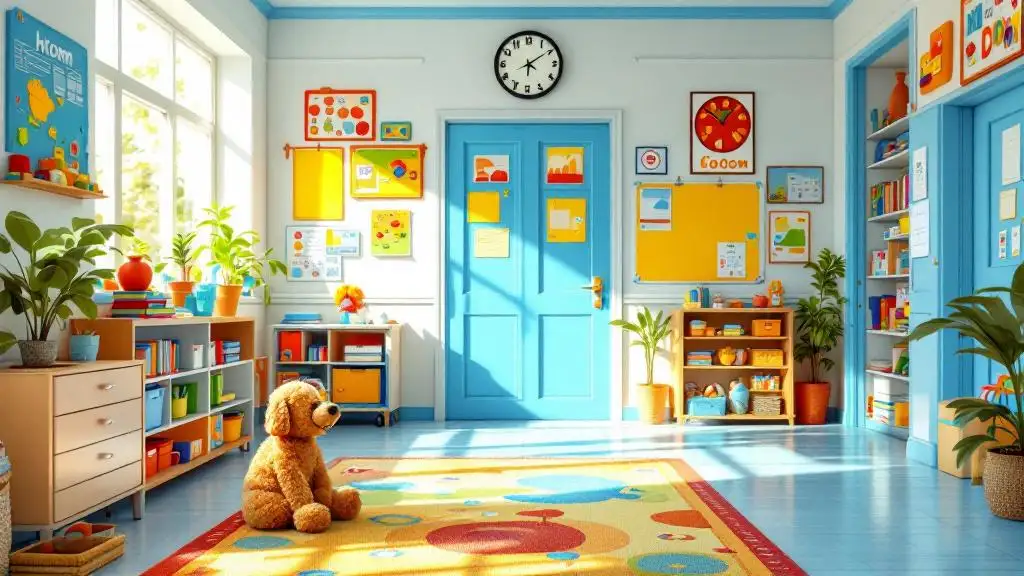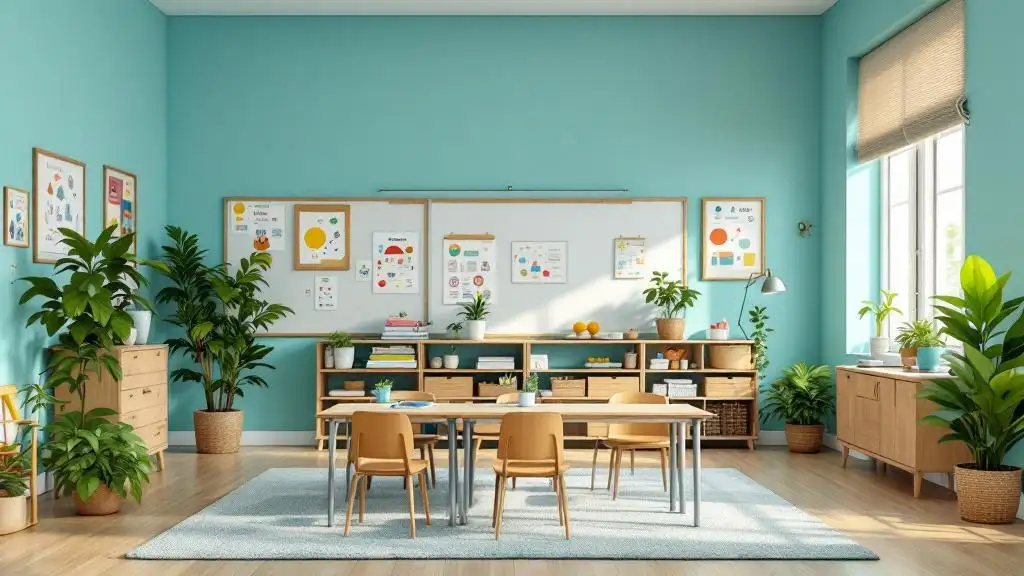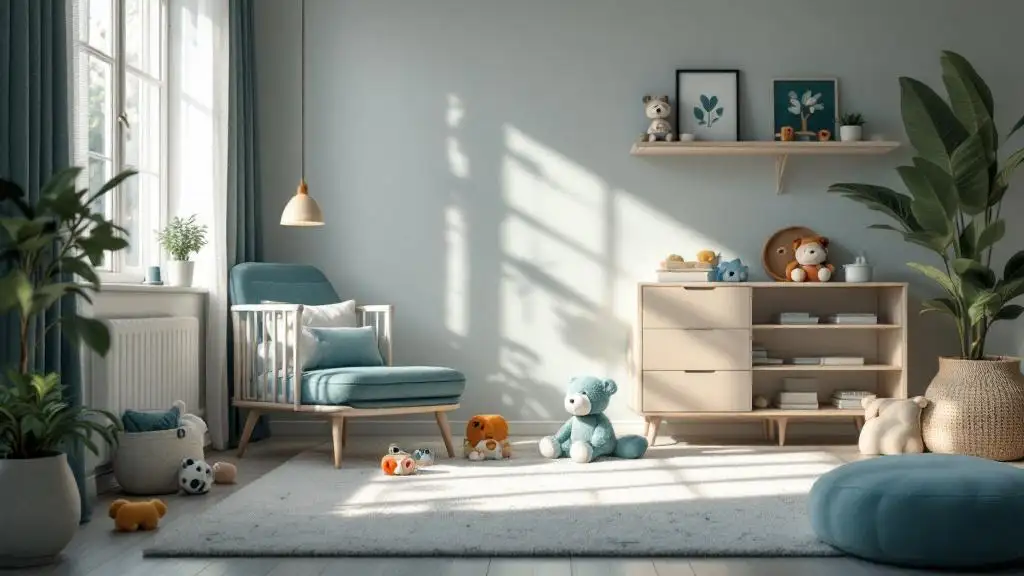Autism Dating

Understanding Autism and Love
Dating can be both exciting and challenging for autistic adults. Recognizing the unique needs, communication styles, and sensory sensitivities of autistic individuals is crucial in fostering meaningful romantic relationships. This guide explores specialized platforms, social considerations, and personal stories that illuminate how autistic persons can navigate love confidently and safely.
Specialized Platforms Supporting Neurodivergent Dating
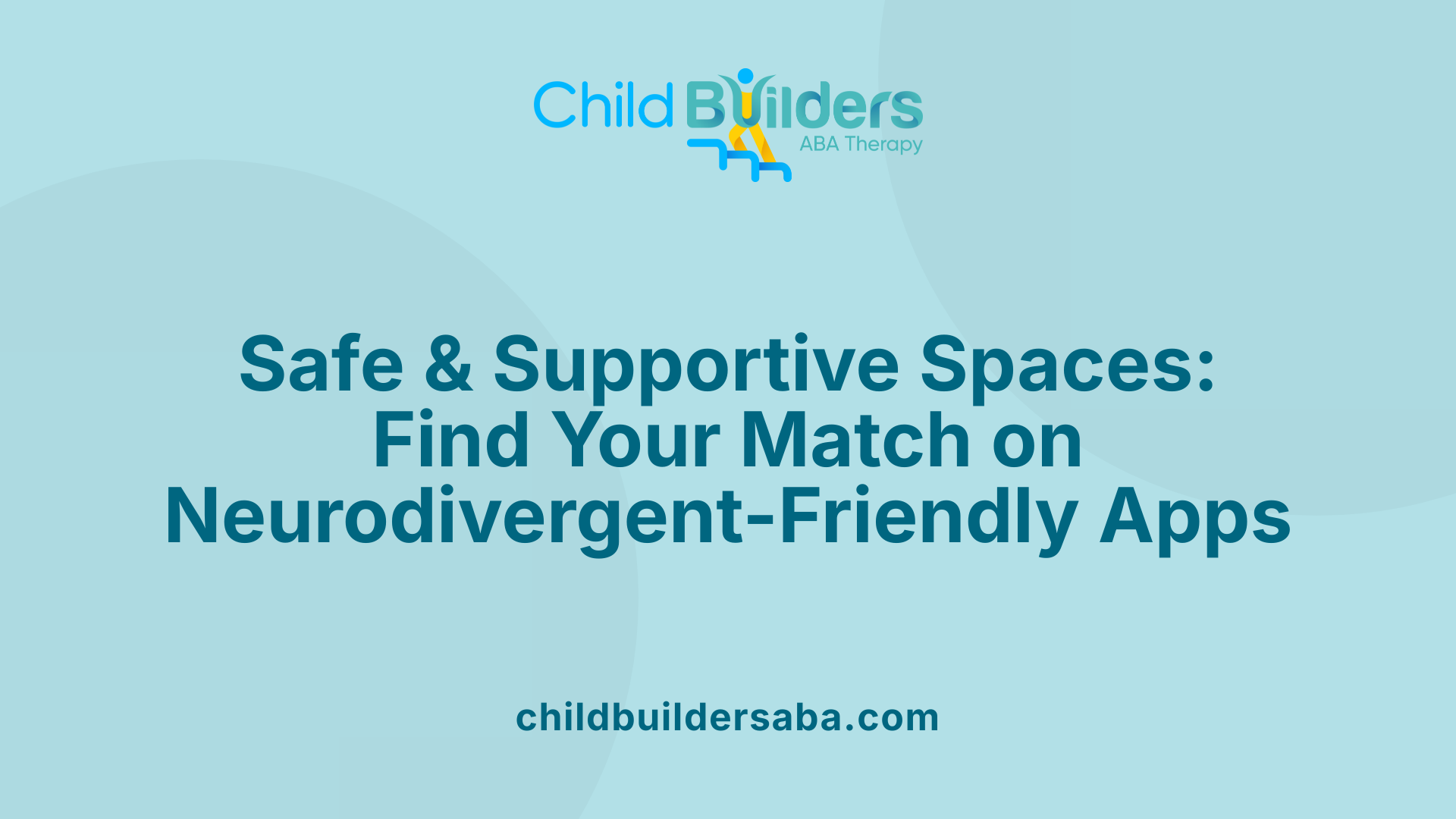
What are some dating platforms and apps designed specifically for autistic and neurodivergent individuals?
Finding the right environment for dating can be especially important for autistic and neurodivergent individuals. Several platforms have been created to meet these needs, emphasizing safety, authenticity, and community support.
One notable example is Hiki, a free app explicitly developed for the neurodivergent community, including autistic adults and those with ADHD. Hiki promotes a safe space where users can be themselves, with features focusing on verification, privacy, and anti-bullying policies. It encourages genuine connections, whether for friendship or romantic relationships.
Other platforms tailored for autistic users include Autism Date and Aspie Singles. Autism Date offers a straightforward, no-pressure environment, while Aspie Singles aims to foster mutual understanding and shared experiences among people on the spectrum.
Spectrum Singles employs a unique approach, using a compatibility test based on neurological traits to match individuals, helping foster meaningful and authentic connections.
In addition to autism-specific apps, inclusive dating sites like Disability Match and Special Bridge cater to people with a variety of disabilities, providing options for users to specify their interests and relationship goals.
Furthermore, Mattr focuses on building genuine relationships through detailed personality matching, mental health check-ins, and features designed for neurodivergent users.
These platforms collectively aim to create accessible, supportive, and respectful online spaces for neurodivergent individuals seeking love, friendship, and understanding, helping to bridge the social gaps many face in typical dating environments.
Considerations and Strategies for Autistic Individuals in Romantic Relationships
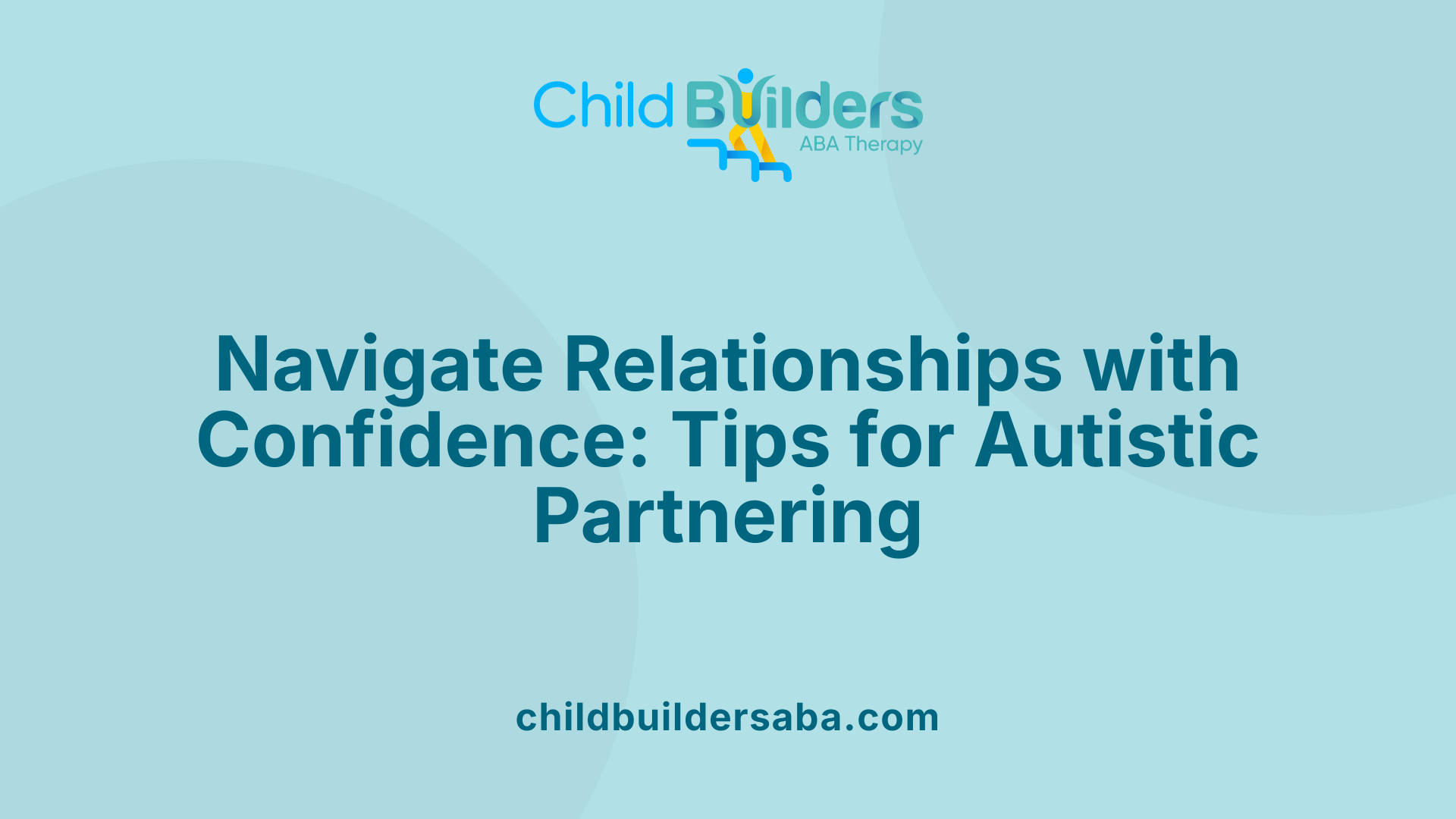
What considerations should autistic individuals keep in mind when navigating romantic relationships?
Autistic individuals face unique challenges and strengths in romantic relationships. It’s important to be aware of personal communication styles, sensory sensitivities, and routines. Sharing these needs openly with a partner can foster a clearer understanding.
Building trust and understanding depends heavily on honest, straightforward communication. Partners should feel comfortable discussing boundaries, preferences, and thoughts without relying on social cues that might be misinterpreted.
Seeking support from autism-informed therapists or support groups can assist in developing social skills, managing sensory overload, and addressing emotional difficulties. These resources can offer tailored strategies to navigate relationship challenges.
Expressing affection in ways that feel authentic is vital. Since everyone shows love differently, patience and mutual understanding support healthier bonds. Setting clear boundaries ensures that both partners feel safe and respected.
Ultimately, embracing one's authentic self and prioritizing safety and consent are crucial. When both individuals communicate openly and respect each other's needs, they can build meaningful and fulfilling relationships.
The Influence of High-Functioning Autism on Dating and Interaction
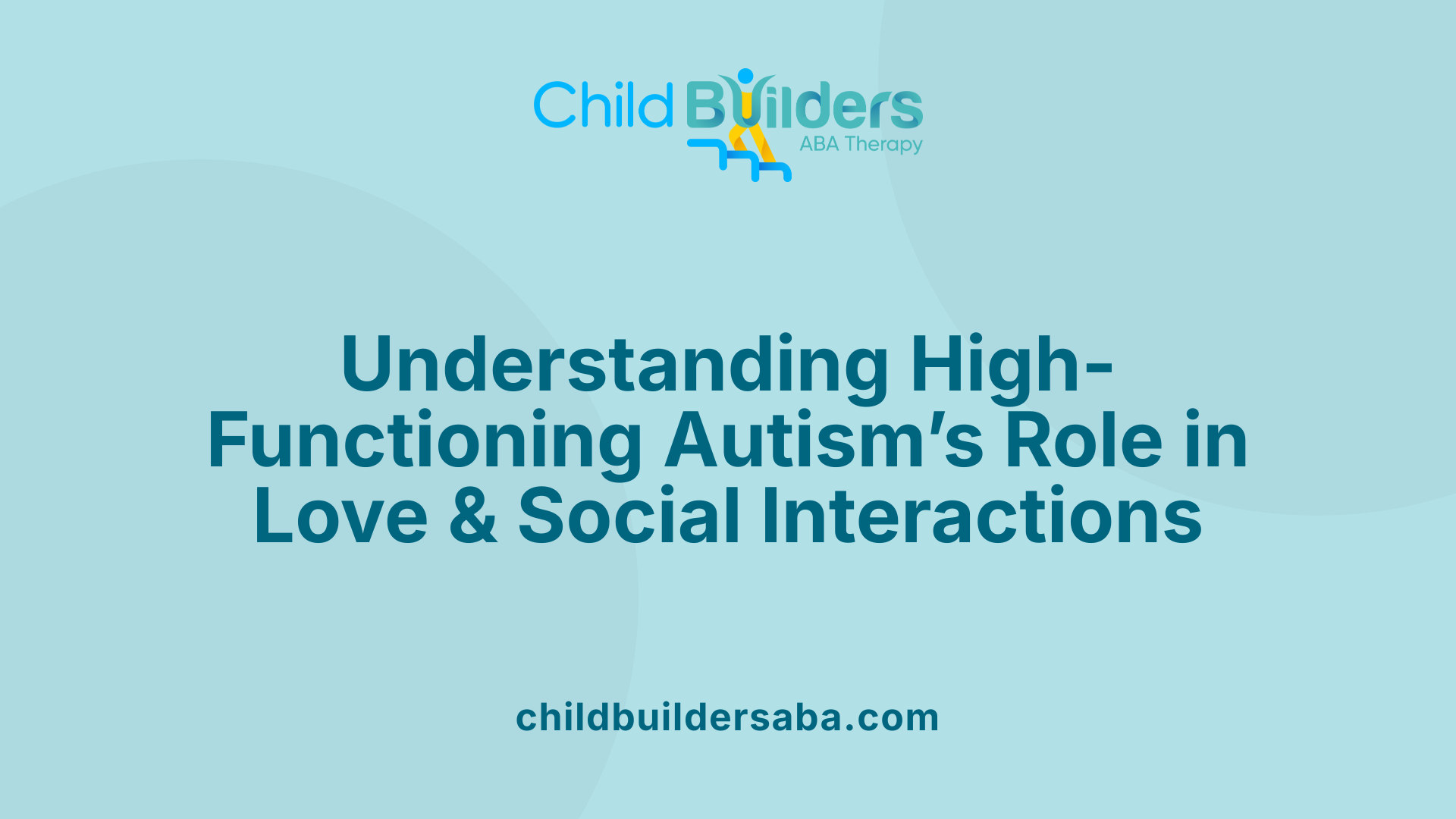
How does high-functioning autism influence dating experiences and social interactions?
High-functioning autism can shape the way individuals experience dating and social interactions. One notable aspect is the difficulty in interpreting social cues, such as facial expressions or body language, which may lead to misunderstandings about a partner’s feelings or intentions. Autistic individuals often communicate in a very literal way, making sarcasm or figurative language confusing.
Sensory sensitivities are another important factor. Bright lights, loud noises, or physical touch can be overwhelming, so choosing the right environment is vital. Many prefer quieter, calmer settings that allow for easier engagement without sensory overload.
Routines and predictability matter a lot. Surface-level spontaneity might be challenging, so clear plans and expectations help create comfort and stability.
Despite these hurdles, autistic partners often bring strengths to relationships. Loyalty, honesty, and strong attention to details foster trust and emotional connections. They tend to be deeply caring and capable of experiencing love just as profoundly as anyone else.
Successful dating for autistic individuals often relies on open, honest communication and mutual understanding. Patience from both partners and a supportive approach help ensure that the relationship remains respectful and fulfilling.
In summary, high-functioning autism influences romance by presenting social and sensory challenges but also brings many qualities that enhance emotional depth. Awareness, accommodation, and clear dialogue are essential for building meaningful relationships.
Practical Tips and Advice for Autistic Daters
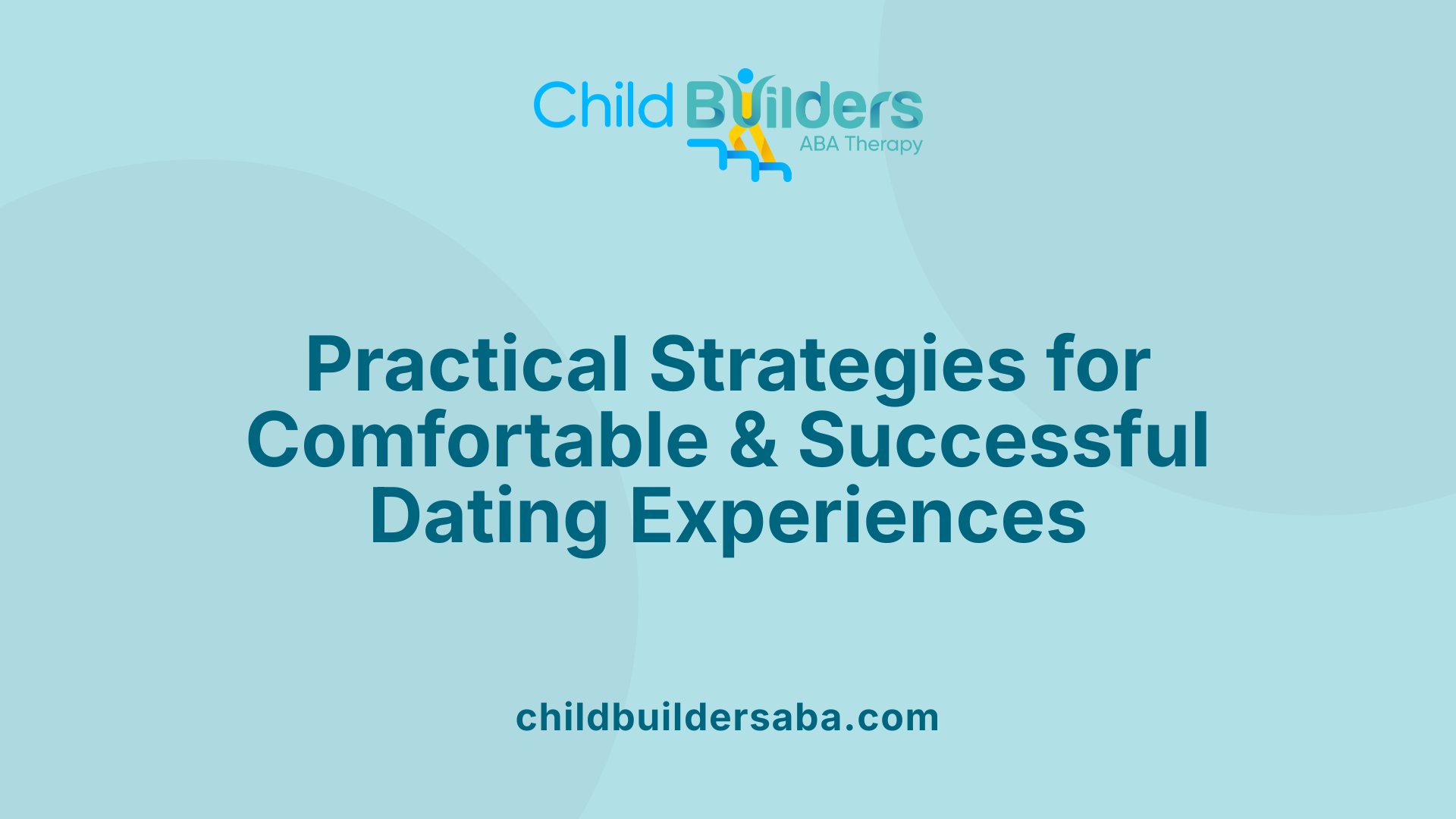
How should autistic individuals choose environments and activities for dating?
Choosing the right environment can significantly enhance comfort during dates. Quiet, familiar places with minimal sensory input, such as a cozy café or a park, often work better than loud, crowded venues. Engaging in activities aligned with shared interests—like visiting a museum, attending a workshop, or enjoying a quiet walk—helps foster connection without overwhelming sensory stimuli.
It’s helpful to plan ahead and consider what environments might lead to sensory overload or discomfort. Discussing preferences with your partner beforehand can ensure both feel safe and relaxed. This approach also demonstrates honesty and helps set expectations from the start.
What are effective communication tips for autistic people in dating?
Clear and direct communication is particularly important. Autistic individuals often interpret language literally, so being straightforward about your feelings, needs, and boundaries helps reduce misunderstandings.
Ask open-ended questions to get to know your partner better and express your interests and dislikes honestly. Remember, non-verbal cues like eye contact or gestures may differ from neurotypical norms, so clarify what feels comfortable for you.
Using digital communication, such as messaging, offers a controlled way to express thoughts and feelings without the immediate pressures of face-to-face interaction.
Why is self-advocacy and honesty vital in autism dating?
Being open about your autism diagnosis and your unique needs can build trust in your relationship. Sharing your preferences regarding touch, social styles, or sensory sensitivities helps your partner understand you better.
Honest dialogue about what you feel comfortable with allows both partners to develop a supportive, respectful relationship. It also helps in setting boundaries and ensures that your needs are acknowledged and respected.
How should autistic individuals handle rejection and change?
Rejection can be tough but viewing it as a learning experience rather than a reflection of self-worth promotes resilience. Reaffirm your value and remember that not every connection will be a perfect match.
Changes in plans or unexpected social shifts are normal, especially for autistic people who prefer routines. Practice patience and give yourself time to process these changes. Seeking support from friends, family, or mental health professionals can also help manage emotional reactions.
Overall, trusting oneself, maintaining honesty, and practicing self-care are essential strategies for successful and healthy dating experiences for autistic individuals. Prioritizing safety, comfort, and authenticity fosters genuine relationships rooted in understanding.
Personal Stories and Perspectives on Autism and Dating
What are some common experiences or perspectives shared by autistic people regarding dating?
Autistic individuals often express a strong desire for love and meaningful relationships, but they face unique hurdles that can make dating challenging. Many share experiences of interpreting social cues and nonverbal communication differently, which can lead to misunderstandings with potential partners. Sensory sensitivities, such as overwhelming noise or bright lights, can also impact where and how they choose to meet someone.
Personal stories serve as powerful examples of overcoming these obstacles. For instance, Miyah Rose, an autistic woman, describes her journey to finding love later in life with an autistic partner. Her story emphasizes that authentic, lasting relationships are absolutely possible on the spectrum when honesty, self-acceptance, and open communication are prioritized.
Autistic individuals tend to use logical and straightforward communication styles, which can foster clarity and trust. They often value directness over sarcasm or figurative language, making honest dialogue a foundation for successful relationships. While these traits can be strengths, they also require understanding from partners to prevent misunderstandings.
However, challenges such as vulnerability to misunderstandings, potential exploitation, and sensory overwhelm are documented concerns. These highlight the importance of tailored support, clear boundaries, and mutual patience. Building awareness and acceptance—both self-acceptance and understanding from others—are crucial for improving dating experiences.
Many autistic people find that establishing routines, clear expectations, and using direct communication means can lead to more positive interactions. Encouragement from personal stories like Miyah’s helps to reinforce that love and connection are not only possible but also enriching aspects of life on the spectrum. Overall, fostering an environment of openness and understanding can help dispel myths and promote genuine connections, allowing autistic individuals to experience fulfilling relationships.
Moving Forward with Confidence
Autistic individuals possess the strengths and resilience to pursue fulfilling romantic relationships. By leveraging specialized platforms, fostering open communication, understanding personal needs, and learning from shared experiences, they can navigate the dating world with confidence. Support networks, expert advice, and community stories serve as valuable resources to empower autistic persons on their journey toward love and connection. Embracing authenticity and patience is essential—love is accessible to all, regardless of neurodivergence.
References
- Dating tips for autistic adults | Autism Speaks
- Hiki | Autism, ADHD, Neurodivergent Dating App & Social Community
- Hiki: Autism ADHD & ND Dating - Apps on Google Play
- Love and Dating Resources - Autism Research Institute
- Safe Dating on the Spectrum: Sites, Apps & Tips for Success
- Dating Someone With Autism - 12 Things To Know - AngelSense
- Dating Someone with Mild Autism | Private Therapy Clinic
- My experiences in the world of dating on the spectrum | Autism Speaks
- Hiki | Autism, ADHD, Neurodivergent Dating App & Social Community
















